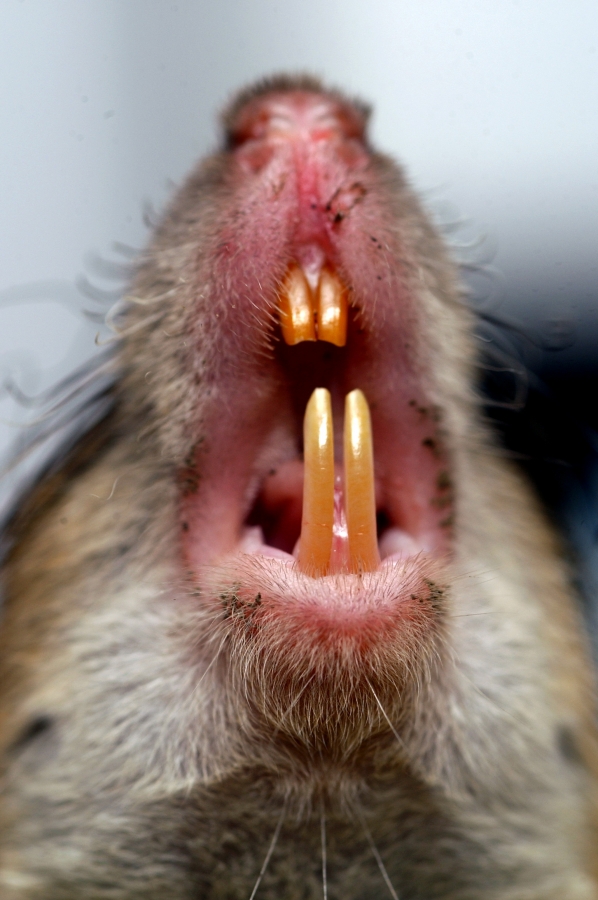
Rat infestations in the home can lead to both physical and mental anguish. These resilient rodents are able to gain entry into the home through cracks and holes no larger than the size of a nickel. Once inside, they’ll spread bacteria and other potentially dangerous microorganisms through their urine and feces, which can lead to a wide range of illnesses.
But the real problem associated with rat infestations is the enormous amount of stress and anxiety they place on family members. No one wants to share their home with rats, and knowing that they are hidden somewhere in in the home is enough to drive family members crazy.
Rats are habitual creatures that typically follow the same routine on a daily basis (or nightly basis — rats are nocturnal). Once they’ve located a source of food, they will likely continue to go back and feed until the source is depleted. If you’re struggling with a rat infestation in your home, you should place all of your food in sealed plastic containers to discourage rats from feeding on it.
Also, it’s recommended that all dog, cat, bird or other pet food is placed in a large metal container with a secure lid. Rats and other rodents love to feast on pet food, and they may even drag some of it to their nesting area.
Contrary to what some people may believe, rats typically don’t nest directly on their food source. Instead, they prefer to build nests in dark, isolated areas where they are protected against natural predators. Unfortunately, attics offer the perfect nesting environment for rats, mice and other rodents. Rats will remain in the attic during the day and come down below to feed on leftover scraps and food in the kitchen and trash.
A rat nest is fairly easy to identify in the attic — assuming it’s in a visible area and not hidden behind a wall. It may consist of shredded insulation, newspaper, cardboard, pine straw and various other materials. Of course, you’ll likely see plenty of droppings covering it as well. Rat nests must be eliminated to discourage them from residing inside the home. Allowing these rodents to build and maintain nests will allow increase the chance of them breeding, which can drastically intensify the problem of an infestation.
Have you discovered a rat nest in your home or attic? Let us know in the comments section below!